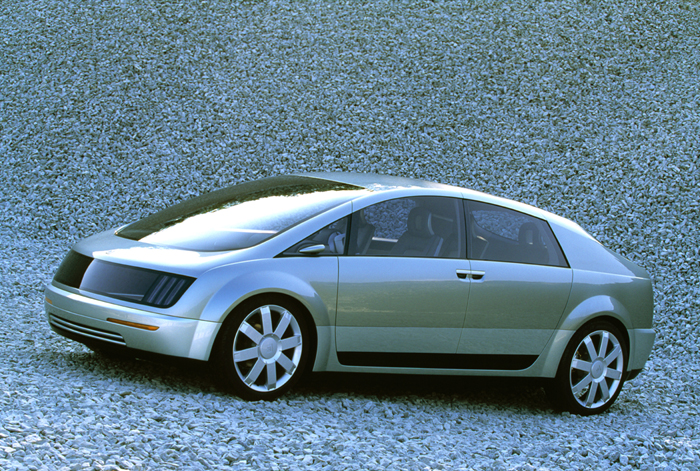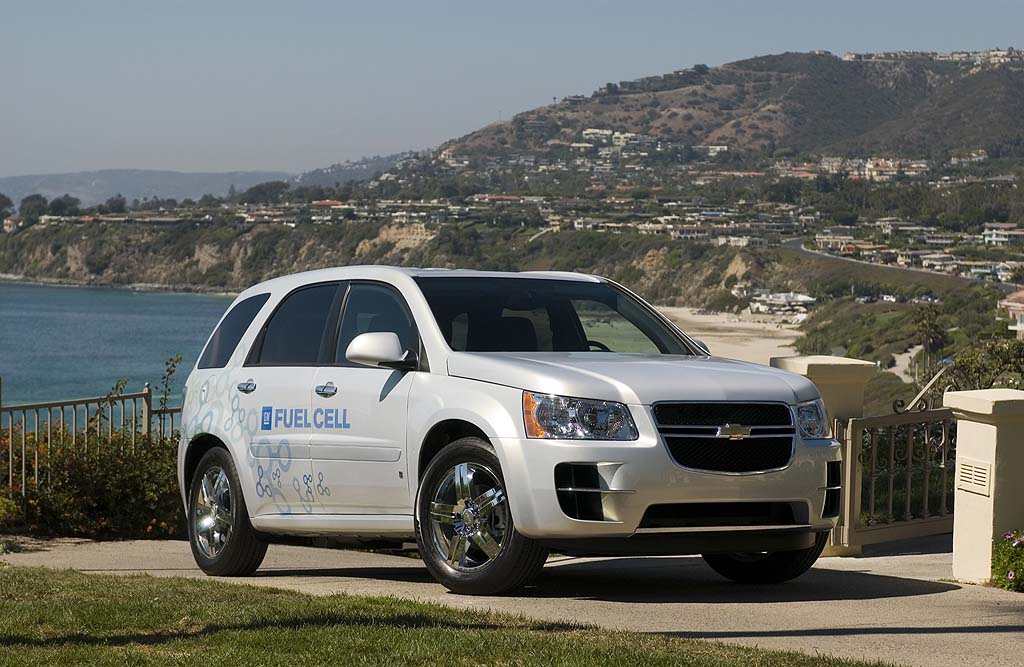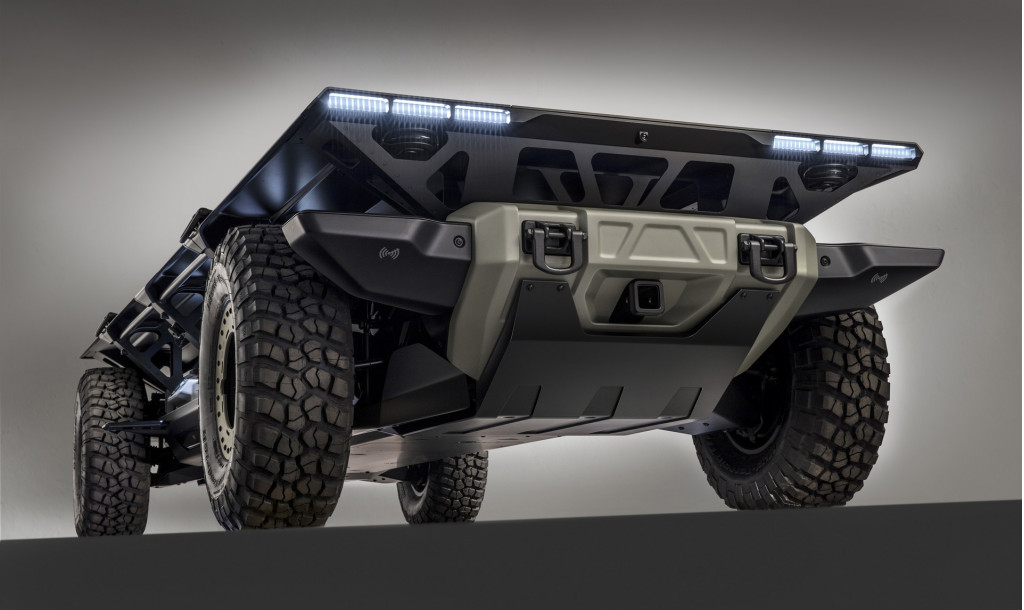General Motors is no longer interested in selling a hydrogen fuel-cell passenger car, and will instead focus on battery-electric vehicles.
The company hadn't provided an update on fuel-cell activities in some time, but the news emerged from a press call with GM chief sustainability officer Dane Parker discussing the automaker's 2020 sustainability report. CNBC automotive reporter Michael Wayland tweeted that Parker confirmed a fuel-cell vehicle will not be among 20 electric models GM plans to launch in 2023.
When GM announced plans for the 20 electric vehicles in October 2017, the automaker said it would pursue a "two-pronged" approach with both battery-electric and fuel-cell powertrains, Wayland noted.
Now GM plans to focus on battery-electric powertrains for passenger cars, and fuel-cell powertrains for military and commercial vehicles, Parker reportedly said on the conference call.
.@GM has decided to not produce a hydrogen fuel cell vehicle for consumers as part of its at least 20 new EVs by 2023, GM Chief Sustainability Officer Dane Parker said when discussing the company's 2020 Sustainability report. https://t.co/kcQoGoUrR2
— Michael Wayland (@MikeWayland) July 16, 2020
When asked about its fuel-cell plans, GM public relations responded to Green Car Reports with the following statement:
"GM is committed to fuel cells as a complement to battery-electric propulsion. We are fully engaged with our partner, Honda, to commercialize the world’s best fuel cell technology for use by both companies across a range of applications. These fuel cells will be manufactured in Brownstown, Michigan as previously announced. Our commercialization commitment and timing for fuel cells remains unchanged. In fact, we are currently installing the manufacturing equipment in our Brownstown facility. Like our Ultium battery vehicle programs, the timing of our fuel cell program has not been delayed due to the COVID-19 pandemic."

2002 GM Hy-Wire Concept
GM has at least partly developed several fuel-cell passenger vehicles, but not pushing them out past initial pilot programs or the auto-show floor.
That included the Hy-Wire concept from 2002, which incorporated a fuel-cell powertrain into a "skateboard" platform not unlike what was more recently developed by EV startups Rivian and Canoo. With all mechanical components housed in the skateboard, different bodies could easily be swapped in to make new models.

2007 Chevrolet Equinox Fuel Cell Vehicle
The automaker also built a small fleet of fuel-cell Chevrolet Equinox crossovers, but only for testing.
In 2017 GM produced the Silent Utility Rover Universal Superstructure (SURUS) for military fuel-cell vehicles. That followed a special version of the Colorado pickup truck aimed at military use.
General Motors’ Silent Utility Rover Universal Superstructure (SURUS)
The strategy change likely doesn't have any effect on the longstanding partnership between Honda and GM.
In 2013, GM and Honda agreed to join forces in future hydrogen fuel-cell development. Then in 2016, GM and Honda partnered to build next-generation fuel-cell stacks together, in Michigan.
